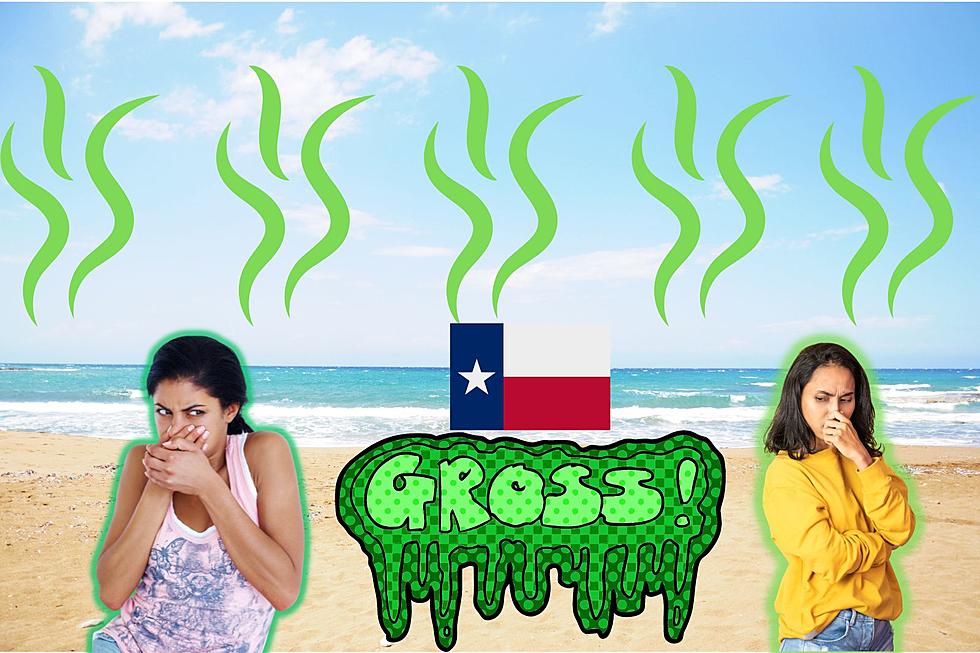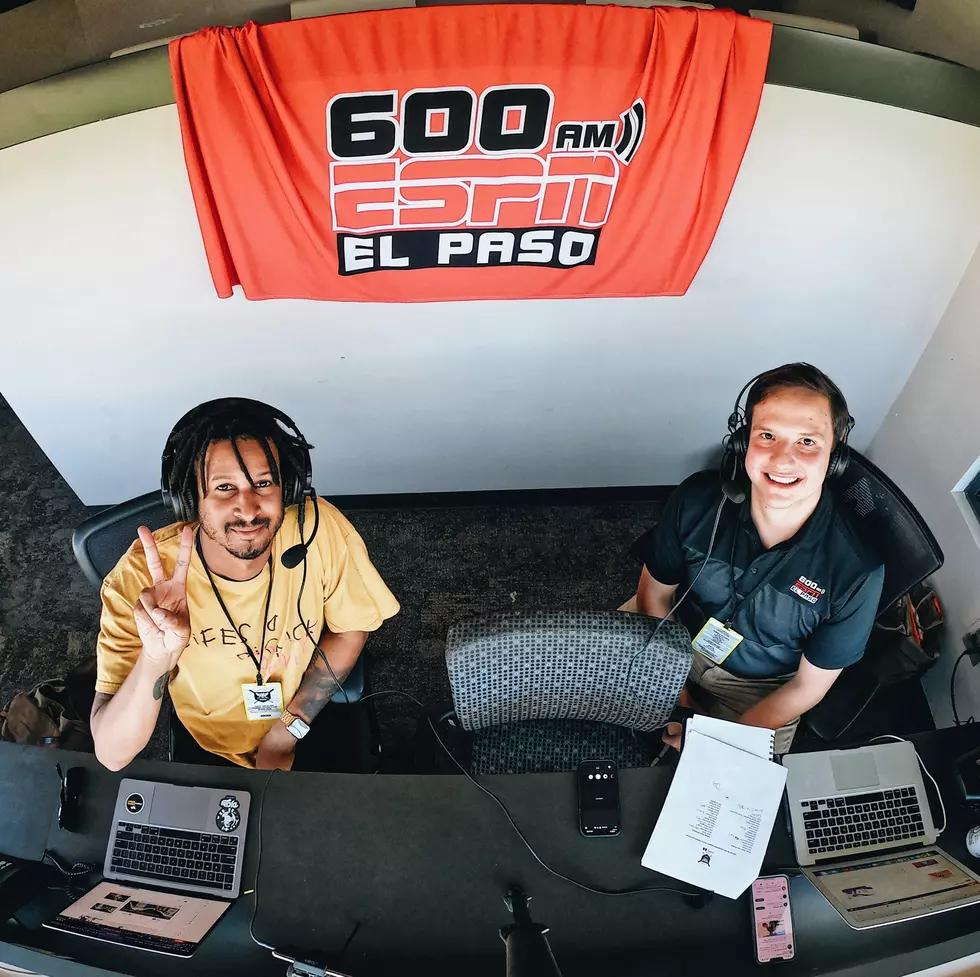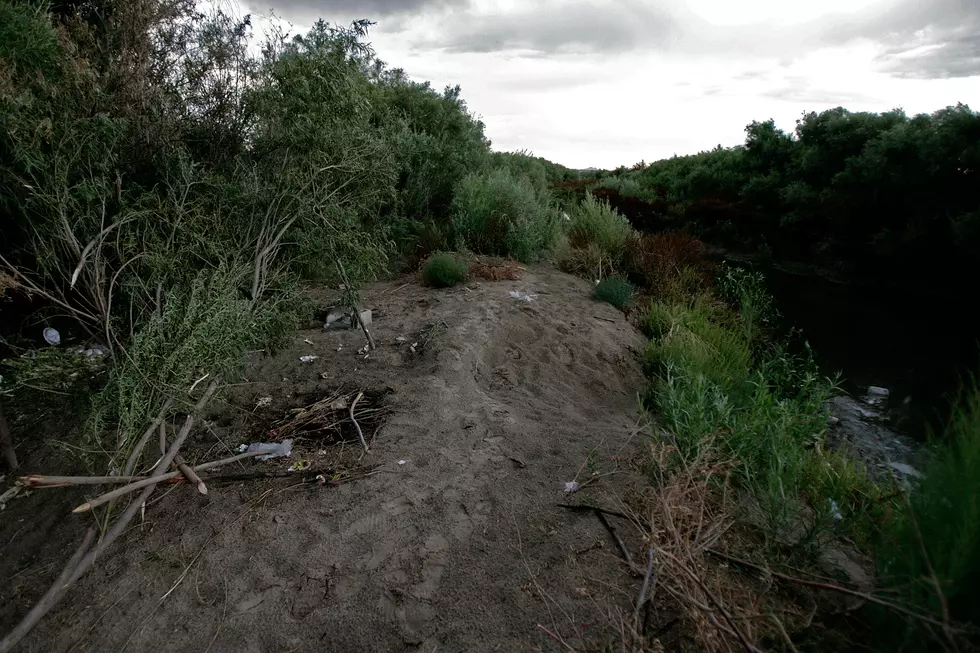
More Drought, Less Water: How Will El Paso Keep Pace?
It's something we never seem to have enough of in El Paso, and we won't be getting any more of it any time soon.
No, not money. Water.
You may have noticed the Rio Grande staying not-so-grande a little longer than it did last year. That's because the drought we've been in for more than a decade wasn't helped by a dry winter.
To that end, we're pleased to have Christina Montoya, Communications and Marketing Manager at El Paso Water on El Paso Townsquare for a frank discussion about how the Sun City moves forward when every drop of water is more precious than it's ever been. See the full interview in the video below.
So, how will El Paso do it? According to Montoya, mainly, by doing what we've been doing for 30 years already: conservation.
Keep that number in mind –– Montoya reports that it's estimated the city has cut water use by 30-percent over those 30 years.
El Paso Water is also drilling more wells around the county to add more to the bucket.
Add to that some nifty tests El Pasoans can use to determine if lawns have had enough water, all discussed at El Paso Water's website, epwater.org.
Kids can learn about the importance of preservation and finding water in the desert at TechH20.org.
That said, the drought means that, instead of getting 50 percent of our water from the Rio Grande via Elephant Butte, we'll only be getting 10 to 15 percent this year.
Enter technology, which might be the great leveler. That, and buying land in east Texas and building a pipeline. Montoya says it would be years before any such pipeline would be operational; but technology, from existing desalination plants to a nearly-ready-for-primetime wastewater purification plant, are already changing our parched paradigm.
Yes, wastewater purification. It's exactly what you think it is. The system at the Roberto Bustamante Wastewater Treatment Plant is going through an arduous certification process. The implications of making this a success might not only be a game-changer in El Paso, it could blaze a trail that could have worldwide impact.
Find out more by listening to the interview from the video above.
KEEP READING: See 25 natural ways to boost your immune system
More From 93.1 KISS FM









